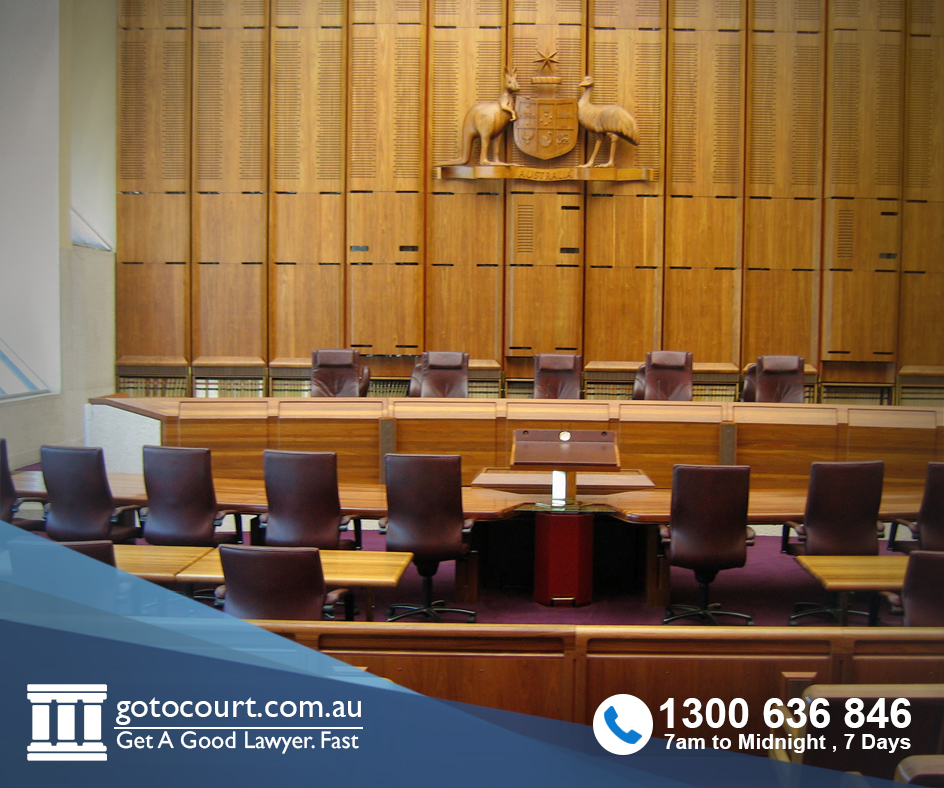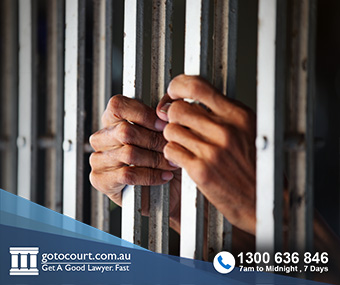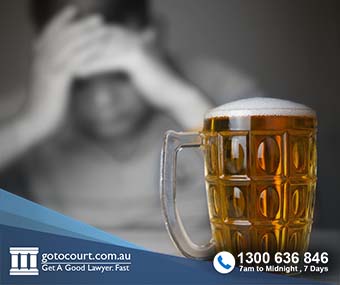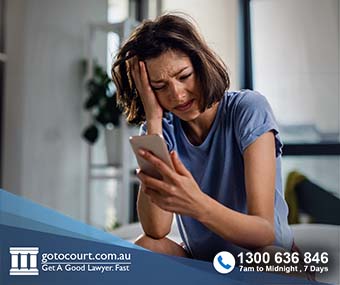Criminal Appeals From the Magistrates Court (WA)
If a person who is found guilty and sentenced by the Magistrates Court of Western Australia feels the decision was wrong at law, they should consider whether they can appeal that decision. Criminal appeals are applications to a higher court seeking the review of a decision made by a lower court. A person can appeal against the verdict, the sentence imposed, or both.
When the defence appeals in a criminal matter, the offender is known as the Appellant, and the Director of Public Prosecutions is the Respondent. Criminal appeals in WA are governed by the Criminal Appeals Act 2004.
Step 1: Don’t miss out
The Appellant needs to apply to the Supreme Court of WA within the time limit. The Appellant has 28 days from the date of the decision to lodge their Appeal Notice with the Supreme Court.
If this 21-day period is missed, an affidavit setting out why the Appeal Notice was not lodged on time will need to be lodged with the Court. The Court will consider the material in your affidavit when determining whether the court should hear the Application outside the time limit.
Step 2: Lodge your appeal notice
The Appellant is required to lodge a Form 1 Appeal Notice (Criminal) (‘Form 1’) with the Supreme Court of WA.
A completed Form 1 tells the Court everything it needs to know in order to decide whether you should be granted leave to appeal, including the grounds on which the Appellant is appealing the decision of the Magistrates Court.
Under Section 27 of the Criminal Appeals Act, leave to appeal is required in all cases and must be granted for each separate ground of appeal set out in a Form 1.
Step 3: Grounds of appeal
Criminal appeals must be argued on grounds of appeal that are accepted by law. In an appeal against a conviction, the following are examples of grounds of appeal:
- the Magistrate did not have all the evidence to make the decision they made;
- in coming to the decision, the Magistrate used evidence that did not meet the rules of evidence;
- the Magistrate allowed evidence that was unlawfully or unfairly obtained;
- the Magistrate did not provide proper reasons for their decision;
- the Magistrate made a procedural error;
- the Magistrate included something that you involuntarily said to the police (involuntary because you felt intimidated, pressured and/or threatened);
- the Magistrate chose not to hear certain evidence;
- since being convicted, new evidence has become available.
The following are examples of grounds of appeal against a sentence:
- the Magistrate made an error or overlooked a fact at the time of sentencing;
- compared to similar matters, the sentence is too harsh;
- the Magistrate did not properly account for factors, such as:
- time spent in custody on remand before sentence;
- a plea of guilty at the earliest opportunity;
- any payment of compensation;
- the Magistrate overlooked other possible and more appropriate sentences;
- the Magistrate did not make an order for parole when they should have.
Step 4: Get your case ready
The Appellant has 35 days from the date their Form 1 is filed to lodge a Form 7 Appellant’s Case (‘Form 7’). The Form 7 requires the following:
- Appellant’s Grounds of Appeal;
- Appellant’s Submissions;
- Appellant’s Legal Authorities (binding or persuasive decisions of the court);
- Orders Sought;
- Draft Chronology; and
- Draft Appeal Book Indexes.
These attachments work together to set out the case to the court.
The Court refers the Appellant’s Form 7 to a Single Judge of Appeal who may do any of the following:
- grant or refuse the application for leave;
- make orders programming the matter through the Court or to a Mention Hearing;
- refer the Application for Leave to the Court of Appeal;
- review the matter later.
In response to the Form 7, the DPP will lodge a Form 8 Respondent’s Answer which sets out the prosecution case and responds to the Appellant’s case.
Step 5: Court registrar inspects and settles
Once the court has the Appellant’s and Respondent’s Cases before them, a Registrar of the Court settles the draft Appeal Book Indexes and has the final say on what is and is not included in the Appeal Book. This means that the final Appeal Book will only contain what is relevant to the Application.
Step 6: Prepare the appeal book
Appeal Books are the documents that the Court of Appeal has before it when it hears the Application.The preparation of the Appeal Book often falls on the Appellant.
The preparation is technical and must meet the Court’s criteria. The preparation of Appeal Books is governed by the Supreme Court (Court of Appeal) Rules 2005 (WA) Division 3.
Step 7: Attend court hearing
Once the Appeal Book is accepted by the Court, the Court will issue a Notice to advise the parties of a hearing date. This hearing is before the Supreme Court of WA Court of Appeal which is made up of a three-judge bench.
At the appeal hearing, the Court typically deals with the Appellant’s Application for Leave (permission) to Appeal, and the Appeal at the same time.
If the Court is not persuaded that the Appellant should be given leave to appeal, the proceedings will be dismissed. If the Court grants the Appellant leave, the Court will then hear the Appeal. The Court hears arguments from both sides in relation to whether the Appeal should be granted.
It is often the case that when dealign with criminal appeals, the Court will reserve its decision. By reserving the decision, the Court gives itself more time to consider the arguments and documents in the Appeal Book. The decision will then be handed down at a later date.
Step 8: Judgment
When the Court has reached a decision and prepared a written judgment, the parties will receive notice of a court hearing. At this hearing, the court will deliver its decision.
If you require legal advice in relation to a criminal appeal or in any other legal matter, please contact Go To Court Lawyers.








